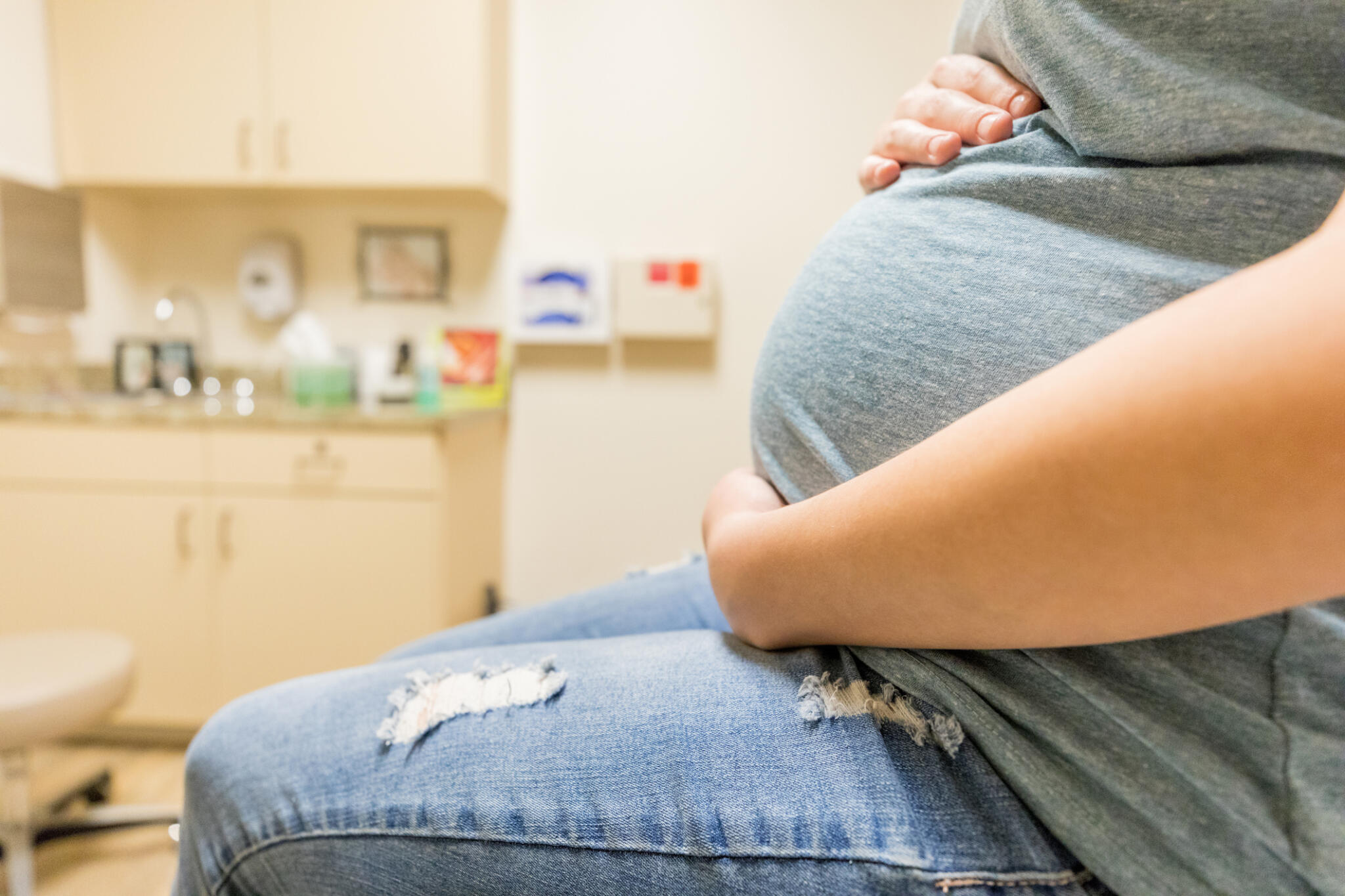
Drugs among the leading causes of death among pregnant women in Washington; PeaceHealth Bloom Clinic hopes to change that
The program aims to take care of the whole family, Radlinski said. Local obstetrics and gynecology clinics, as well as substance use treatment programs and other medical centers refer patients to Bloom.
“We meet patients where they are,” Radlinski said. “We have patients on medicines who just want providers that are familiar with substance use and pregnancy to patients who are in active use and are trying to figure out how to get into recovery and keep their family together.”
The program collaborates with Columbia River Mental Health Services, Lifeline Connections and other community organizations to find the right resources for their clients.
The Bloom Clinic’s peer specialist helps connect patients and their families to appointments and resources. Radlinski said that sometimes patients are hesitant to attend services because they are ashamed or worried that Child Protective Services will intervene.
“They’re hesitant to get services, and so having someone who can be there with them and help them understand that we are here to help — that’s essential,” Radlinski said. “That way, we can meet them where they’re at to keep them safe, alive and as healthy as we can so that we can continue to work with them.”
Substance overdose (intentional and unintentional) was linked to 61 pregnancy-associated deaths from 2017 to 2020 in Washington, according to the state report. Of all the people who died of pregnancy-associated deaths from overdose or substance poisoning (from prescription drugs to non-prescription drugs), 22 percent were pregnant at the time of death, 9 percent died within 42 days of end of pregnancy and 65 percent died within one year of end of pregnancy.
Leading underlying causes of pregnancy-related deaths were behavioral health conditions, predominantly by suicide and overdose. Other common causes were hemorrhage and infection.
A 2013 study shows that stigma causes pregnant women to feel considerable guilt and shame as their substance use continues, which often prevents them from accessing help, in turn impacting the fetus’s health.
“There’s so many barriers for pregnant patients to get into treatment or get timely care,” Radlinski said. “Knowing how to treat addiction and pregnancy is not as common as it should be so we are trying to train more physicians, that way we can have a multiplier effect by not only getting the necessary skills for this work, but increasing the awareness and decreasing stigma within the medical community.”
